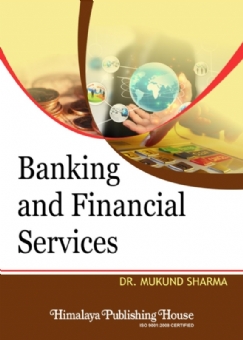The emergence of digital transformation has made every aspect of business very simple and easy to connect with people all over the globe due to its unprecedented speed and global accessibility. The fast-paced technology is making its contribution almost in every area and sphere. Digitalization refers to the use of digital technologies to bring forth change in business processes, strategies and business models by providing new avenues and other opportunities. Digital Transformation is the process of rethinking the use of a company’s technology, platforms and processes to create new business models and new forms of revenue. One of the key drivers for achievement of the strategic goal is to seek various opportunities to digitize their organizational processes, strategies, operations and business models according to the demands of the dynamic, changing customer preferences and competitors’ strategies. Digital technologies enable embracing new ways of working. Digital transformation enables great advantage to companies in terms of paying customers, financial resources, customer and market data, and the larger talent pools. Agility, innovation and digital thinking are the significant parts of digital transformation addressing all complex organizational challenges. After pandemic COVID-19, organizations and industries shifted from physical platform to digital platforms to fulfil their requirements. Digital transformation is the incorporation of technologies into organization’s products, processes and strategies. Organizations and industries have understood the significance of digitalization very well and taken an initiative to undertake digital transformation to better engage and serve their people and to serve the customers needs to achieve competitive advantage. The digital transformation has completely changed the mindset of people and organizations. Digital transformation refers to the phenomena to rethink, re-imagine and reinvent all facets of an organization starting from employee skill-sets, customer interactions and value proposition to supply chains, workflows and stakeholders.
Contents –
1. Digital Transformation: Concepts, Trends and Practices
2. Digitization – Yesterday, Today and Tomorrow
3. Predictive Analytics in Digital Marketing
4. Digitalization in Management Accounting and Control: Testing a Choir Singing in Harmony
5. Website Designing
6. HR Transformation in Digital Age
7. Digitalization in Banking Industry: Bibliometric Analysis of Literature on Digital Banking and Mobile Banking
8. Digital India: A Big Step to be Cashless and its Challenges
9. Digitalization in the Banking Industry
10. Digitalization and Employment
11. Traditional Marketing vs. Digital Marketing
12. 21st Century Need in Education, Design Thinking and Digital Transformation







